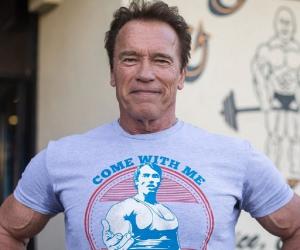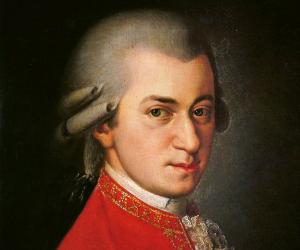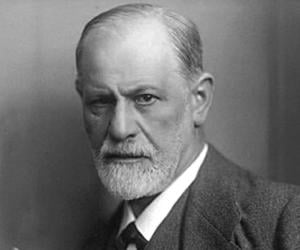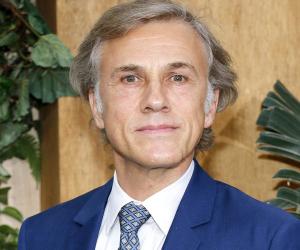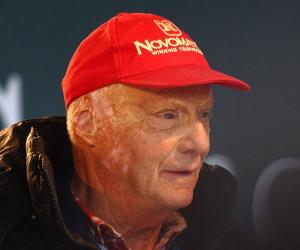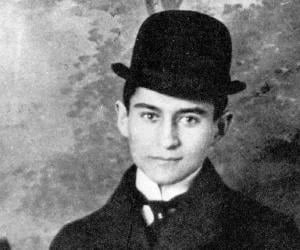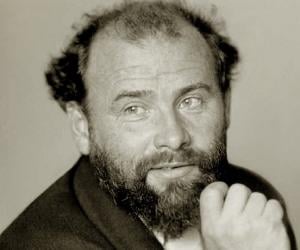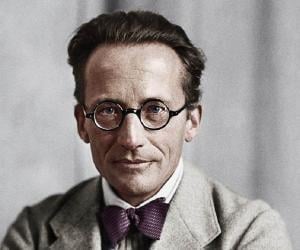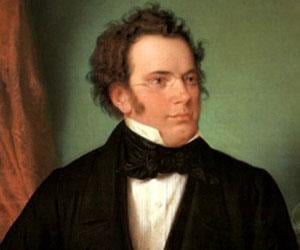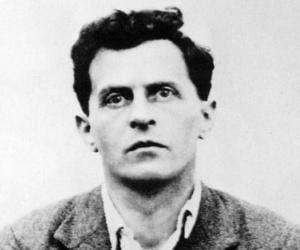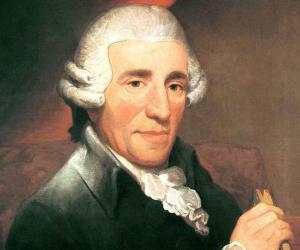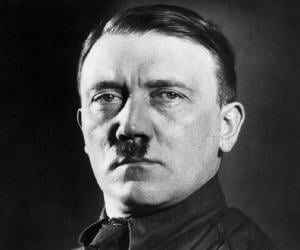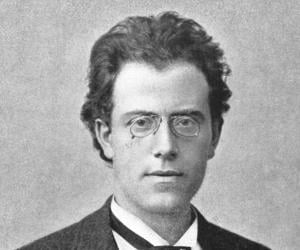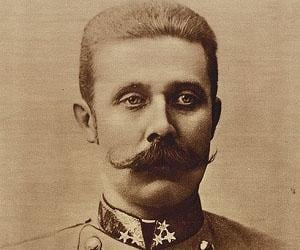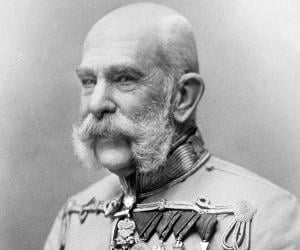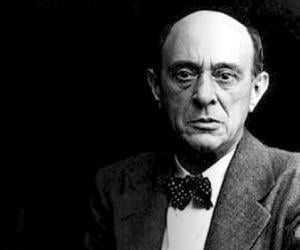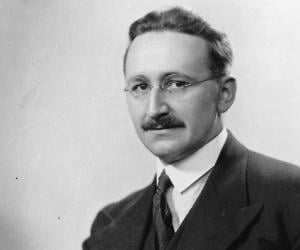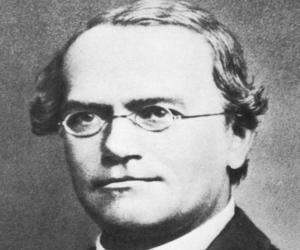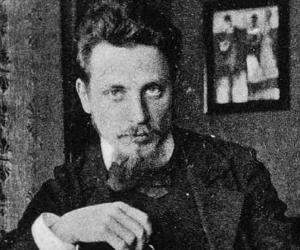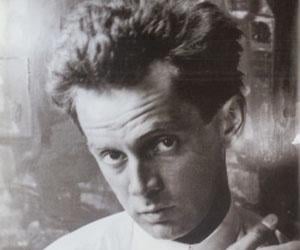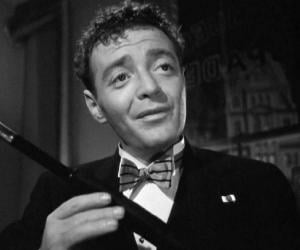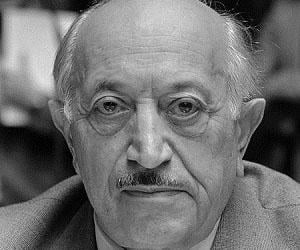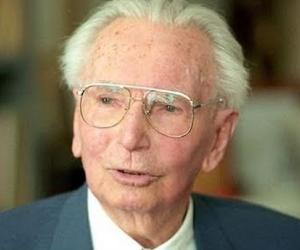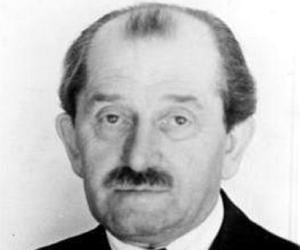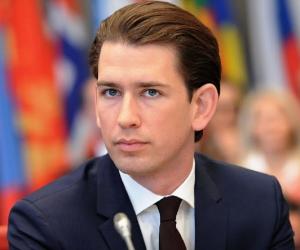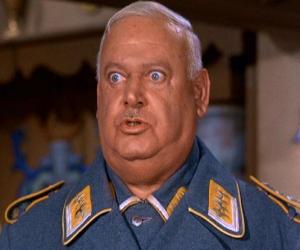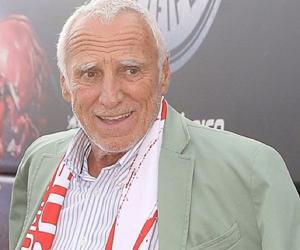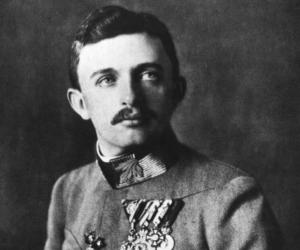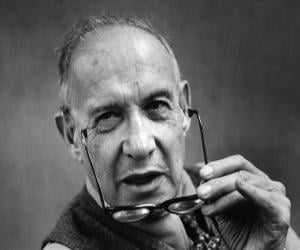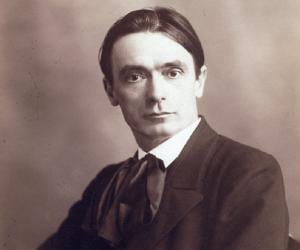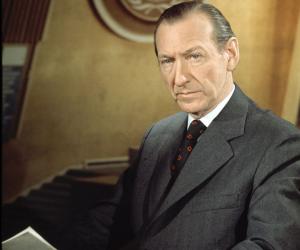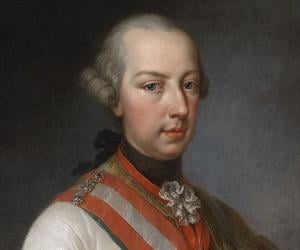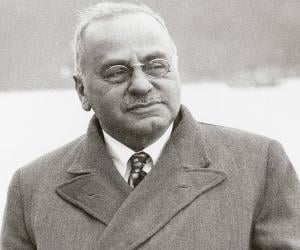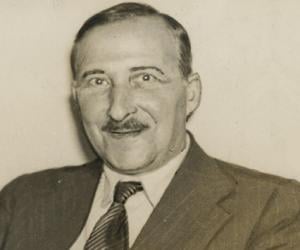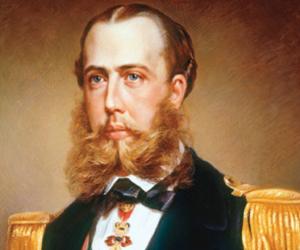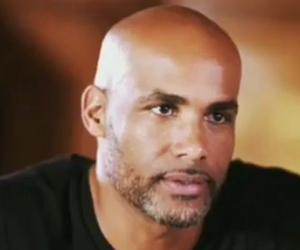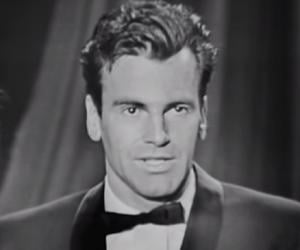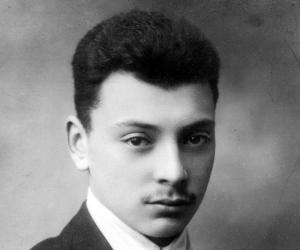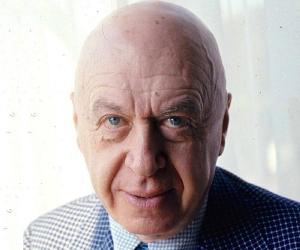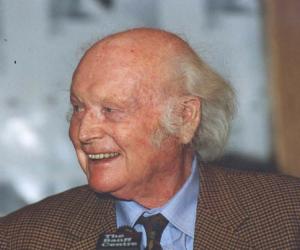Former professional bodybuilder, actor, and politician, Arnold Schwarzenegger, needs no introduction! One of the most popular figures in the entertainment industry in the 20th century, he is a much-admired Hollywood star. Rising to international fame despite hailing from a humble background, he is an epitome the quintessential American dream that many youngsters hold close to their hearts.
A child prodigy, Wolfgang Amadeus Mozart is regarded as one of the greatest classical composers ever. A prolific composer, he had a profound influence on Western music. Many of his works are considered pinnacles of choral, symphonic, operatic, chamber, and concertante music. Before his death, at the age of 35, he had composed over 600 works.
Regarded as the father of psychoanalysis, Sigmund Freud was a neurologist. Despite suffering criticism, psychoanalysis remains influential in the fields of psychology and psychiatry; such is the influence Freud has on humanities. Scholars believe that Freud is one of the most influential personalities of the 20th century and that his impact is comparable to that of Marxism and Darwinism.
Austrian Formula One driver and aviation entrepreneur Niki Lauda was a three-time F1 World Drivers' Champion. Considered to be one of the greatest F1 drivers of all time, he was once involved in a near-fatal accident. He founded and ran three airlines as an aviation entrepreneur and also served as the team manager of the Jaguar Formula One racing team.
Considered one of the major authors of the 20th century, Franz Kafka was a Bohemian short-story writer and novelist. Franz Kafka is credited for being one of the earliest German-speaking authors to explore themes like absurdity, existential anxiety, and alienation. The term Kafkaesque is now widely used in the English language to explain those situations experienced by his characters.
The second-highest ranked Austrian tennis player of all time, Dominic Thiem became the first Austrian to win the singles title at a US Open when he came back from two sets down to beat Alexander Zverev in the 2020 US Open final. At the 2019 BNP Paribas Open, he defeated Roger Federer to win his first Masters 1000 title.
Austrian symbolist painter, Gustav Klimt, was one of the most prominent members of the Vienna Secession movement. His primary subject was the female body, and he produced numerous paintings, murals, sketches, and other art objects. He was known for his deliberate painting style. He successfully avoided personal scandal despite having an active sex life.
Austrian composer Franz Peter Schubert was one of the most prominent figures of the Viennese Classical and Romantic periods. He initially performed at the Gesellschaft der Musikfreunde. His compositions include over 600 vocal works and several symphonies, operas, and piano sonatas. One of his most-talked-about works is the Unfinished Symphony.
Austrian-British philosopher Ludwig Wittgenstein is remembered for his works related to logic, the philosophy of mind, the philosophy of mathematics, and the philosophy of language. He taught at the University of Cambridge for many years. He published only one book during his lifetime. Most of his manuscripts were collected later and published posthumously.
Joseph Haydn was an Austrian composer who played a key role in the progression of chamber music during the Classical period. He is often referred to as the Father of the String Quartet and Father of the Symphony for his contributions to musical form. Joseph Haydn is also credited with mentoring and tutoring Mozart and Beethoven, respectively.
One of the most powerful leaders of the 20th century, Adolf Hitler was a German dicator whose policies started the WWII that resulted in the death of millions of people. He had a visceral hatred for Jews and during his regime nearly six million Jews were killed in Holocaust.
Austro-Bohemian Romantic composer and conductor Gustav Mahler symbolized the transition of 19th-century Austro-German music to early-20th-century modernism. His music was banned during the Nazi era but was rediscovered later. Famous for his Eighth Symphony, he had also been the director of the Hofoper (Vienna Court Opera).
Franz Joseph I of Austria reigned as the Emperor of Austria from 1848 until his death in 1916. He also served as the King of Hungary, Bohemia, and Croatia and monarch of other states of Austria-Hungary. During his reign, Austria-Hungary decided to wage war against the Kingdom of Serbia, which eventually resulted in the First World War.
A winner of the Nobel Memorial Prize in Economic Sciences, Friedrich von Hayek, was an advocate of classical liberalism. The Austrian-British economist, who was also a political philosopher, co-founded the Mont Pelerin Society. He worked at the London School of Economics, the University of Chicago and the University of Freiburg and authored the popular book, The Road to Serfdom.
A scientist, meteorologist, mathematician, and biologist, Gregor Mendel is considered the founder of the modern science of genetics. He conducted a series of experiments on pea plants between 1856 and 1863, establishing many rules of heredity. Besides his work on pea plants, he also described novel plant species and conducted experiments with hawkweed and honeybees.

David Alaba is an Austrian football player who currently plays for the Real Madrid Club de Fútbol and the Austria national football team. Best known for his versatility, Alaba can play as a midfielder and defender. Counted among the greatest defenders of his generation, David Alaba is a two-time Austrian Sports Personality of the Year recipient.
Bohemian-Austrian poet and author Rainer Maria Rilke is best remembered for his numerous poetry collections and his only novel, The Notebooks of Malte Laurids Brigge. His works contain metaphors, contradictions, and elements drawn from Greek mythology. Though most of his works were in German, he had also written in French.
Egon Schiele was an Austrian painter whose work is well-known for its raw sexuality and intensity. An early exponent of Expressionism, Schiele was one of the early-20th century's most prominent figurative painters. His life and career inspired the 1980 biographical film Excess and Punishment, in which Schiele was played by German actor Mathieu Carrière.
Austrian psychiatrist Viktor Frankl founded logotherapy. He also authored several books, most notably his bestselling autobiographical depiction of his ordeal at various Nazi concentration camps, Man's Search for Meaning. He had lost his parents, brother, and wife in the Holocaust. He later won honors such as the Oskar Pfister Award.
Felix Baumgartner is an Austrian skydiver, BASE jumper, and daredevil. He is best known for jumping from the stratosphere to the Earth as part of the Red Bull Stratos project. Baumgartner set the world record for gaining an estimated top speed of Mach 1.25, becoming the first person without vehicular power to break the sonic barrier relative to the surface.
Ferdinand Porsche was an Austrian-German automotive engineer. He is credited with founding one of the most popular car companies in the world, Porsche AG. He is also credited with creating the Lohner-Porsche mixed hybrid, the first gasoline-electric hybrid vehicle. During World War II, Porsche was a prominent contributor to the German war effort.
Austrian-born actor John Banner is best remembered as Sergeant Schultz from the World War II-themed sitcom Hogan's Heroes. He was known for his popular catchphrase “I see nothing! I hear nothing! I know nothing!" He has also appeared on Broadway and in films such as Once Upon a Honeymoon.
Charles I of Austria reigned from 1916 to 1918 as the last emperor of Austria. He was the last king of Croatia, Bohemia, Hungary, and the last monarch from the House of Habsburg-Lorraine. Charles is remembered for making unsuccessful attempts to end Austria-Hungary's World War I campaign. He also tried to save the Austro-Hungarian Empire from disintegration but was unsuccessful.
Austrian philosopher and architect and Rudolf Steiner gained fame as a literary critic and published works such as The Philosophy of Freedom. His interests included esotericism and clairvoyance. He termed his work spiritual science. He designed the Goetheanum and also laid down concepts such as Waldorf education and biodynamic agriculture.
While he claimed he studied at the University of Vienna during World War II, documents recovered later suggested that Kurt Waldheim was in fact part of the German army in the Balkans. Waldheim later became the president of Austria and the secretary-general of the United Nations.
Joseph II reigned as the Holy Roman Emperor from 1765, and as the sole ruler of the Habsburg lands from 1780, until 1790. Son of Empress Maria Theresa and Emperor Francis I, and brother of Marie Antoinette, he laid down policies now known as Josephinism. He died without heirs.
Alfred Adler was an Austrian psychotherapist and medical doctor. He is credited with founding the school of individual psychology. He was also one of the founders of the psychoanalytic movement along with Sigmund Freud and Freud's colleagues. In 2002, a survey conducted by Review of General Psychology named Adler among the 20th century's most eminent psychologists.
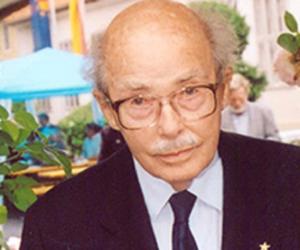
Otto von Habsburg was the son of Charles I, the last emperor of Austria. A staunch opponent of Nazism, he called for the unification and integration of Europe. He had been a European Parliament member and spearheaded the Pan-European Picnic at the Austrian-Hungarian border during the 1989 revolution.
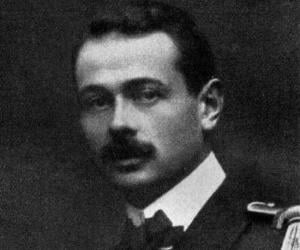
Georg von Trapp, or Captain von Trapp, was an Austrian naval officer who led the Trapp Family Singers, the family that inspired the play and the film The Sound of Music. An able military man, he had also been part of World War II and was knighted by the Austrian government.
Stefan Zweig was an Austrian novelist, playwright, journalist, and biographer. He was one of the most widely translated and most popular writers in the world at the height of his career. His best-known work is Sternstunden der Menschheit, in which he wrote about decisive historical events. His later years were very difficult and he died by suicide in 1942.
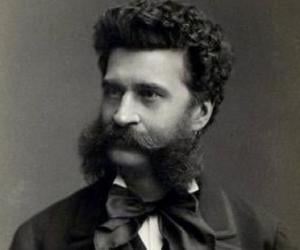
Johann Strauss II, also known as The Waltz King, was initially pushed by his composer father Johann Strauss I to become a banker, while he learned the violin secretly and conducted a restaurant band. Best remembered for his iconic composition The Blue Danube, he redefined the 19th-century waltzes and operettas.
Maximilian Schell was an Austrian-born Swiss actor who won the Academy Award for Best Actor for his portrayal of Hans Rolfe in the 1961 courtroom drama film, Judgment at Nuremberg. Remembered for his versatility, Schell received the Golden Globe Award for playing Vladimir Lenin in the 1992 TV film, Stalin. A multi-talented personality, Schell was also an accomplished conductor and pianist.
Nobel Prize-winning Austrian physicist Wolfgang Pauli is remembered for his contribution to quantum physics and for laying down the Pauli principle. While he was initially married to a cabaret dancer, the marriage ended in a divorce after a year. His written works are considered classics in science.
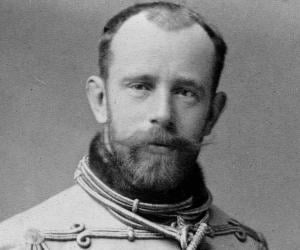
Crown Prince Rudolf of Austria was heir apparent to the throne of the Austro-Hungarian Empire. The only son of Elisabeth in Bavaria and Emperor Franz Joseph I, Rudolf died at the age of 30 at the Mayerling hunting lodge in an assumed suicide pact with his lover Mary Vetsera. The incident has inspired several works of art, such as cinema.
While he initially wished to follow in his prosecutor father’s footsteps to be a lawyer, Otto Preminger later discovered his love for theater. A master stage director, he later signed with Fox as one of its first independent filmmakers. He soared to fame with the 1944 film Laura.
Austrian mountaineer, sportsman, geographer, and author Heinrich Harrer was part of the climbing team that made the first ascent of the North Face of the Eiger. He took part in expeditions to Alaska, the Andes, and the Mountains of the Moon in central Africa in his later years. As a writer, he published Seven Years in Tibet.
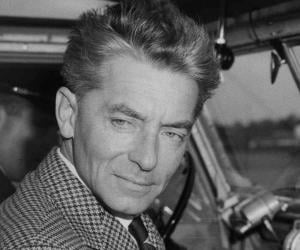
The principal conductor of the Berlin Philharmonic for over 3 decades, Herbert von Karajan was a piano prodigy in childhood. Though a Nazi Party member, he later claimed he had not been too keen on joining the party. The three-time Grammy winner was also an avid sports lover.
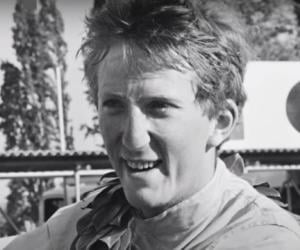
Though born in Germany, racer Jochen Rindt competed for Austria throughout his illustrious career, which saw him score 6 Grand Prix wins. At 28, he was killed in a practice race for the Italian Grand Prix. He later became the only racer to be posthumously named the F-1 World Champion.
